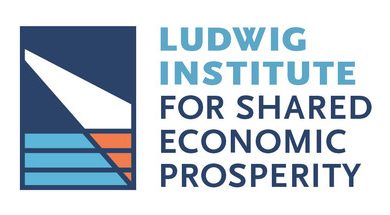National nonprofit credit counseling agency Take Charge America offers guidance on navigating renewed loan payments amid rising household debt.
PHOENIX–(BUSINESS WIRE)–After years of pandemic-era relief and a full halt to collections, the U.S. Department of Education has resumed federal student loan collections and wage garnishments — renewing financial pressure for tens of millions of Americans already managing debt.
Student loan delinquencies are climbing once again, and borrowers who fall behind could see their credit scores drop by 100 points or more, per the New York Federal Reserve. Meanwhile, the Reserve revealed overall consumer debt has surged past $18.4 trillion as credit card balances top $1.3 trillion for the first time on record.
While these trends may seem daunting, borrowers can take practical steps to stay financially optimistic and prevent missed payments that can lead to poor credit health and the long-term consequences of defaulted loans.
“Many households are feeling the weight of debt more acutely now that repayment challenges have resurfaced, but staying afloat is doable with the right approach,” said Manuel Salazar, CEO of Take Charge America, a national nonprofit credit counseling and debt management agency. “The key is to plan ahead and avoid relying on credit cards or high-interest loans to fill gaps.”
Salazar shared several strategies to maintain financial balance and better manage this transition:
- Refine your budget: Reevaluate all expenses and identify areas to scale back temporarily, such as subscriptions or dining out. Track expenses closely and redirect any leftover money toward essentials. And remember: The fewer charges on your credit card, the better.
- Build a safety net: Even $500 can offset the need to use high-interest credit cards for unexpected costs. Consider setting up automatic transfers into savings accounts or repurposing funds from nonessential categories. Modest buffers make a big difference over time.
- Strategically prioritize debt payoff: Focus on paying down balances with the highest rates first (“avalanche” method) or tackling smaller balances first (“snowball” method). Both approaches help reduce overall interest costs and boost motivation as you progress.
- Explore repayment options: Review federal income-driven repayment plans, consolidation programs or forgiveness opportunities that may lower monthly payments.
- Communicate early: Contact lenders or servicers if repayment feels unmanageable. Many offer hardship plans, situational forbearance extensions or reduced-interest programs. Proactively reaching out can help preserve credit and prevent default.
For big-picture financial support, schedule a free credit counseling session as a first step toward managing your debts with confidence.
About Take Charge America, Inc.
Founded in 1987, Take Charge America, Inc. is a nonprofit agency offering financial education and counseling services including credit counseling, debt management, housing counseling and bankruptcy counseling. It has helped more than 2 million consumers nationwide manage their personal finances and debts. Learn more at takechargeamerica.org or call (888) 822-9193.
Contacts
Claire Chandler
Aker Ink
(480) 599-6880
[email protected]



